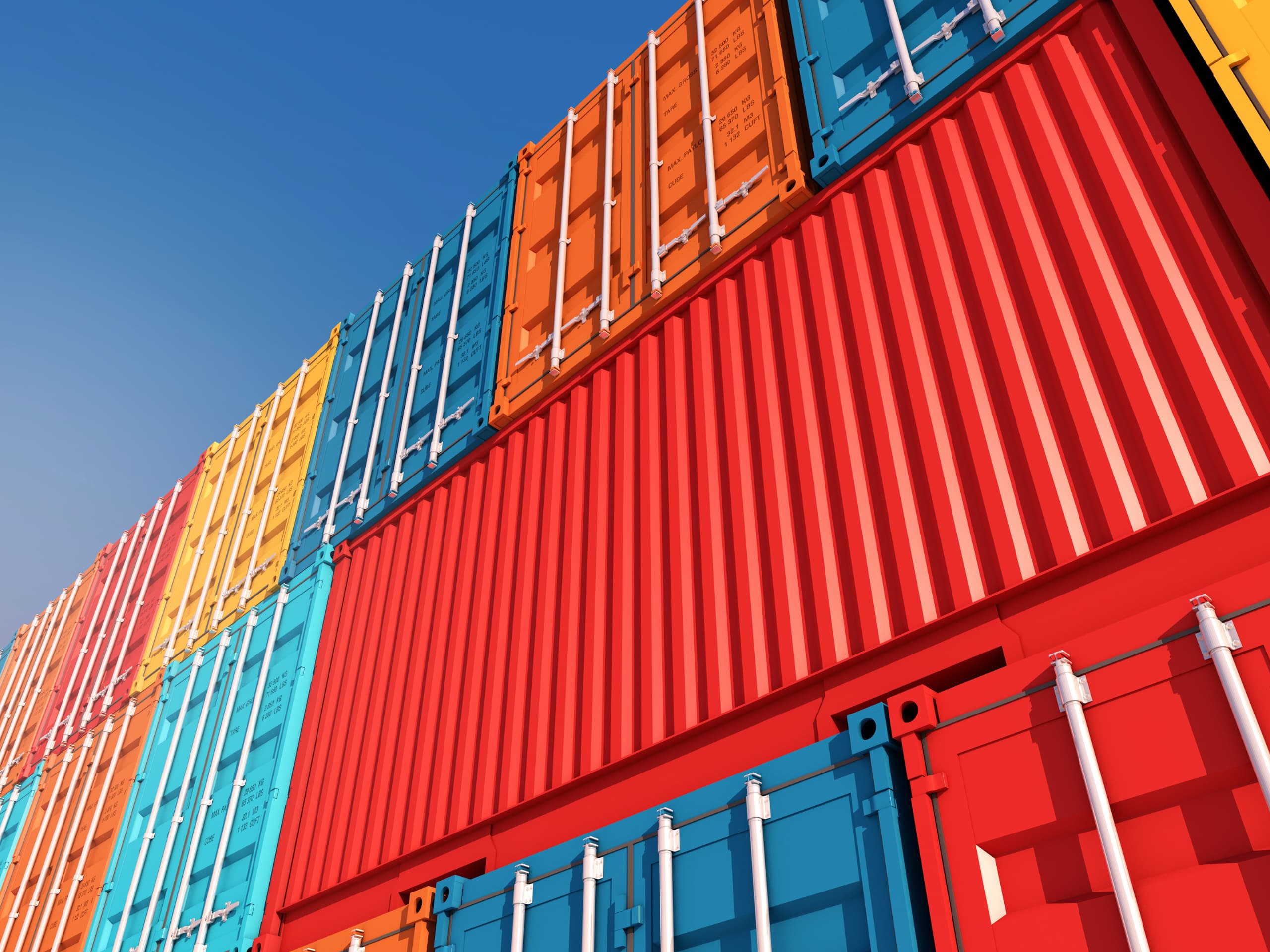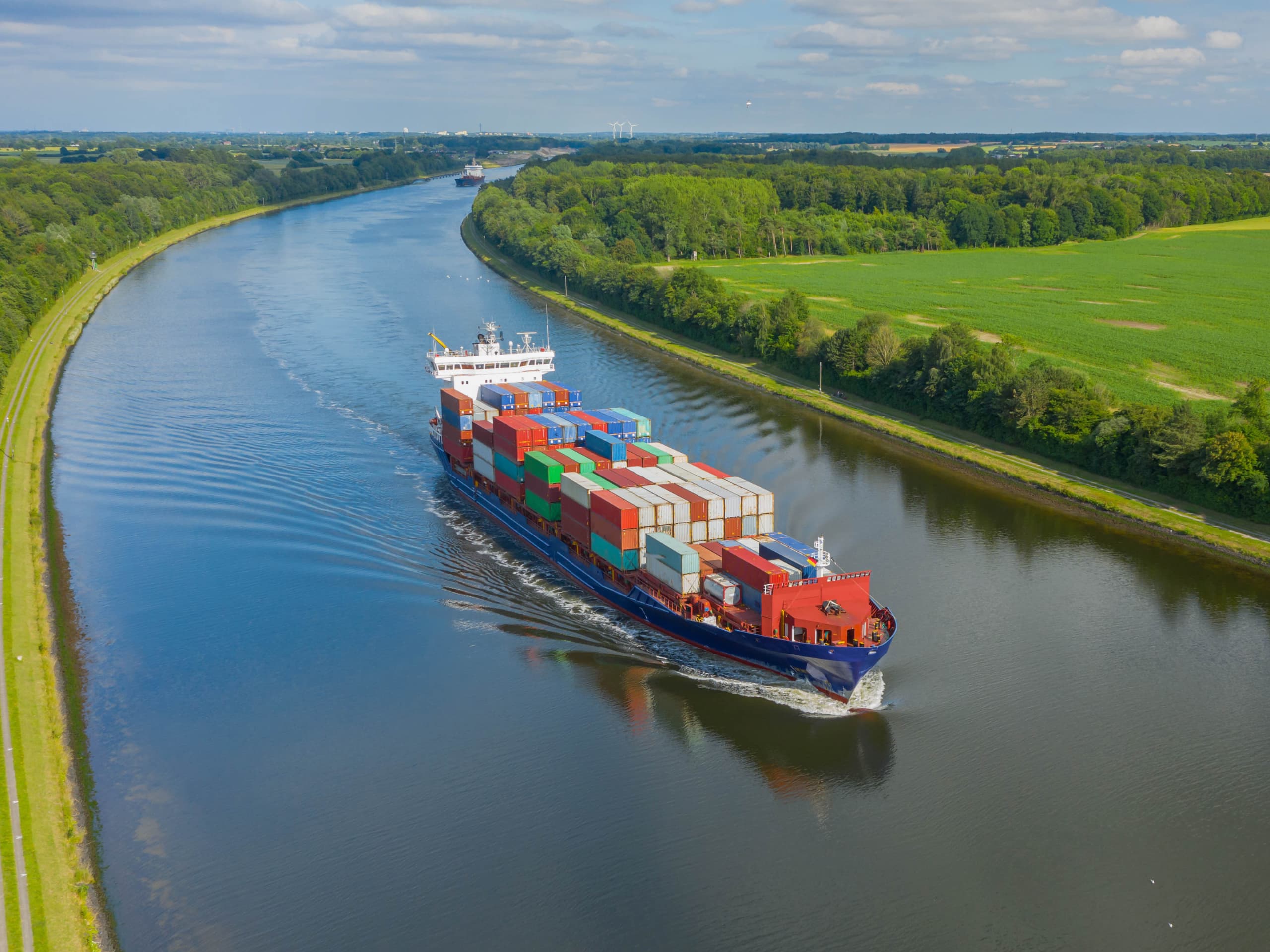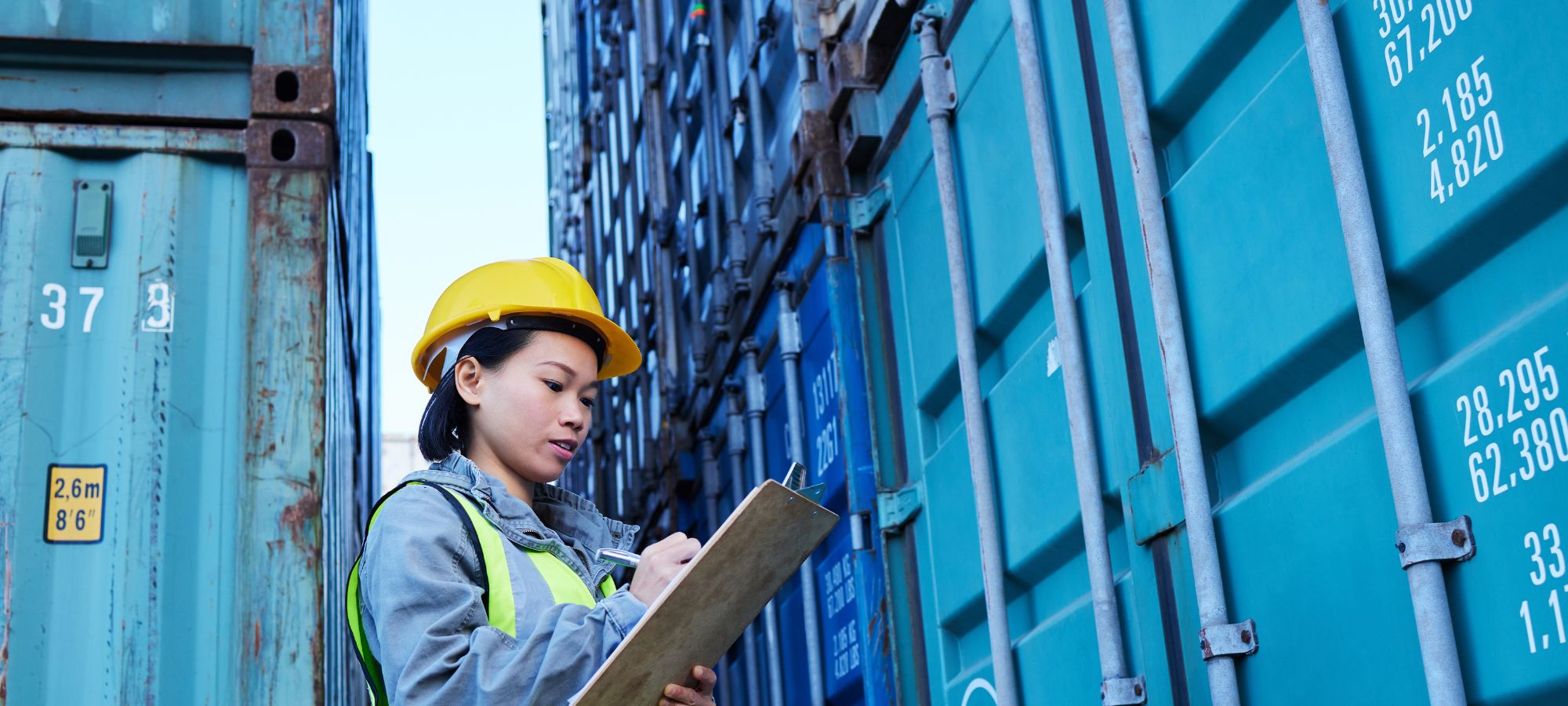
Expert Solutions, Customized for Your Cargo
Navigate the complexities of global logistics with our all-in-one freight forwarding services.

Navigate the complexities of global logistics with our all-in-one freight forwarding services.

Simplify global trade with our expert customs solutions tailored to your business needs.

Protect your cargo from unforeseen risks with our comprehensive insurance solutions.

Flexible, scalable solutions to handle your warehousing and fulfillment needs.

From alternative fuels to optimized routes, we help you go green.

It’s all about people and the human touch. At our core, we’re about more than transactions—we’re about connections and relationships. For us, business is always personal.
We challenge the status quo and turn big ideas into tailor-made solutions. Why? Because one size doesn’t fit all, and it shouldn’t have to.
We focus on innovating for today while sustaining for tomorrow.
We don’t just move goods—we solve complex logistics challenges. Our case studies highlight how we’ve partnered with customers across industries to deliver successful tailored solutions.
